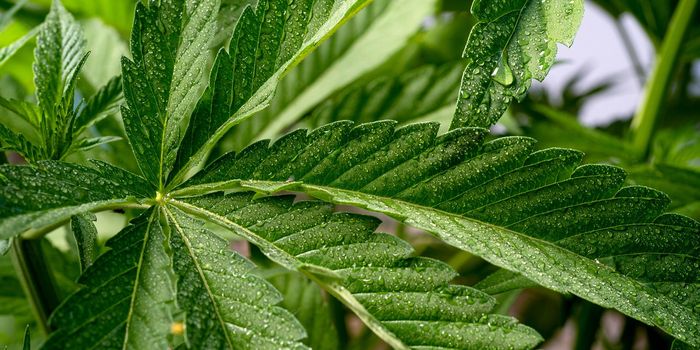Air Pollution Makes It Harder For Insects to Pollinate
The impact of pollution on air quality is well known and understood. Polluted air can lead to a number of health problems, including diminished lung capacity. Unfortunately, the World Health Organization estimates that nine out of ten people live in areas where the air quality surpasses safety guidelines.
A new study published in Environmental Pollution, however, highlights another way in which air pollution can affect the Earth around us: pollination.
Researchers conducted a field experiment to better gauge the effects of common air pollutants (such as nitrous oxide, which is commonly created by diesel fuel exhaust) on pollination activity. Previous experiments had suggested that these air pollutants caused a drop in pollination rates. The field experiment discussed in Environmental Pollution highlights that pollution is far more disruptive to pollination than previously thought.
The experiment took place over two summers and involved controlled fumigation of a field of mustard plants. Researchers then tracked the activity of flying insects to better understand pollinating activity in the polluted area. They found that pollination decreased by about a third, with bees, moths, flies, and butterflies seeing the largest drop in pollinating activity.
But what exactly caused this drop in activity? The research team believes it was the interaction of floral smells that normally attract pollinators and air pollutants like nitrous oxide and ozone.
These findings are particularly startling given how crucial pollinators are to ecosystems and the stability of food chains around the globe. It’s even more alarming considering how climate change and other human activity has already had drastic effects on pollinating insect populations; for example, many pollinators, such as honeybees, have seen regular population declines.
To make matters a bit more unsettling, the amount of pollutant used in the study was technically considered a “safe” level as defined by the U.S. government.
Researchers highlight that while nitrous oxide from diesel fuel may not be the primary air pollutant that causes pollination activity to decline, it appears to have a much more severe effect than previously believed.
Sources: Mongabay; Environmental Pollution; WHO








